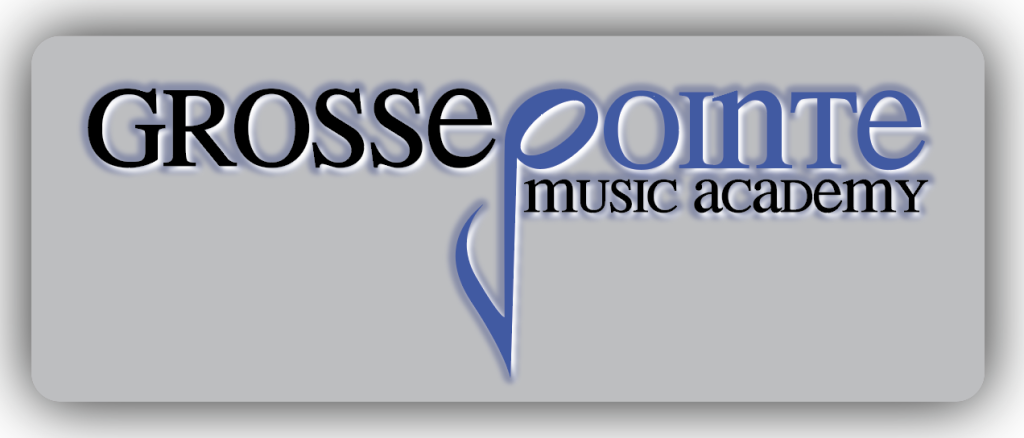Grosse Pointe Music Academy Commentary: How Music Supports Early Learning
At Grosse Pointe Music Academy, we’ve long seen the transformative role music plays in childhood development — and modern research continues to support this. Here are three key ways music can enhance learning and growth in children:
1. Music Stimulates Brain Development
When children engage with music, it activates multiple areas of the brain. Listening to and making music boosts neural activity and encourages the release of dopamine, a chemical that supports focus, curiosity, and enjoyment. Just like physical exercise strengthens the body, musical exposure strengthens cognitive pathways, supporting long-term intellectual growth.
2. Music Enhances Verbal Skills and Memory
Learning environments often rely on verbal instruction. Music can help children improve how they process, remember, and retrieve spoken language. Rhythmic patterns and melodies give structure to verbal content, helping kids recall lessons more effectively — especially when paired with visual cues or storytelling.
3. Playing Music Builds Coordination and Cognitive Flexibility
Learning to play an instrument is a full-brain workout. It requires a child to use their eyes, ears, and hands together in real time, improving hand-eye coordination and fine motor skills. It also strengthens working memory — the ability to retain and use information — which is essential for problem-solving and academic success.
At every level, music helps children become better learners and more confident individuals. Whether through group classes or private lessons, we’re proud to help students unlock these benefits every day.
— Shared by Grosse Pointe Music Academy, offering private and group music instruction throughout Metro Detroit.
Shared by Grosse Pointe Music Academy
Music Lessons for Students of all Ages
KU Researchers establish a link between music education and academic performance


Leave a Reply